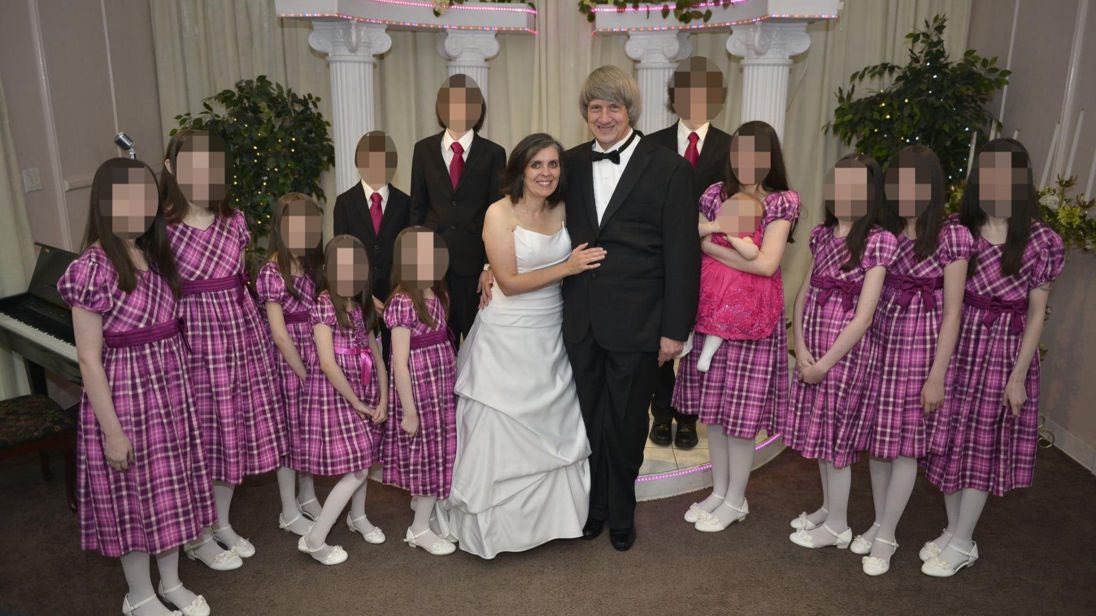Scientists have demonstrated time reversal in a quantum computer, returning three qubits (the basic unit of quantum information) to their state a fraction of a second earlier.
In physics, systems traveling forward in time evolve from a simple state to a more complicated one—known as the thermodynamic arrow of time. For example, if you were to put a drop of ink into a glass of water, initially it would have a well-defined state. However, it soon starts to spread out and within a few minutes it will have uniformly dissolved into the water. If time were reversed for a human, they would become younger.
In a study published in the journal Scientific Reports, scientists from the U.S. and Russia have experimentally demonstrated time reversal—sending a qubit from a more complicated state to a simpler one.
The algorithm they suggest changes the quantum developed state so it starts to develop back in time. “Doing this magic with the developed state of ink we will see that after the same time (time needed for the dissolving of ink in the water) the ink will again combine back into the original drop,” study author Andrei Lebedev told Newsweek. “This is exactly what we did in our work where the drop of ink is state of three qubits, and the water is a Hilbert state of the quantum computer.”
Lead author Gordey Lesovik said in a statement: “This is one in a series of papers on the possibility of violating the second law of thermodynamics. That law is closely related to the notion of the arrow of time that posits the one-way direction of time: from the past to the future.”
In the experiment, researchers set the state of each qubit to what you would think of as zero. From this point, the order is lost and the qubits became more and more complex, changing to a pattern of zeros and ones. Next, time was reversed by a specially developed program that allows the quantum computer to go from a state of chaos to order—going from complex to simple. As a result, the qubits are sent backwards in time.
The program was successful in a two qubit quantum computer around 85 percent of the time. When a third qubit was introduced, more errors occurred and the success rate fell to around 50 percent. So developing a quantum computer that can reverse time on a large scale is not going to happen any time soon. Furthermore, it indicates time reversal in nature is unlikely because it is too complex.
“Such an unfortunate growth of the complexity explains why do we not observe such time-reversed objects in the Nature,” Lebedev said. “The probability of a spontaneous appearance of a time-reversed object (particle of a system of particles) is negligible.”
However, he also said their time reversal algorithm could be used to test quantum computer programs. “In quantum computation, unlike the classical analog, we cannot interrupt the computation process until the very end.
“The problem is that a quantum computer is in the superposition state and if we interrupt it and measure its state we destroy this superposition and project it into one component with some probability.
“Because of that it is not always obvious to verify what at the end of the computation we get is the correct result… Time reversal can help—we do time-reversal of the final state of the computer and run the same quantum program again. If the computation was correct we will arrive to the initial state of the computer.”
Commenting on the findings, Henning Bostelmann, from the Department of Mathematics at the U.K.’s University of York, said that while the researchers have reversed the time evolution of a quantum system, a far larger quantum computer would be needed to perform the experiment on a system of a reasonable size.
He also said it suggests that time reversal for individual atoms or electrons is unlikely. “Perhaps to the disappointment of science-fiction fans, I should point out that the article does not discuss time travel, or going back to the past, or reversing the principle of cause and effect,” Bostelmann, who was not involved in the study, told Newsweek.
Lebedev said he and the team now plan to investigate time reversal further, and look for situations in nature where their procedure could be more effective.













